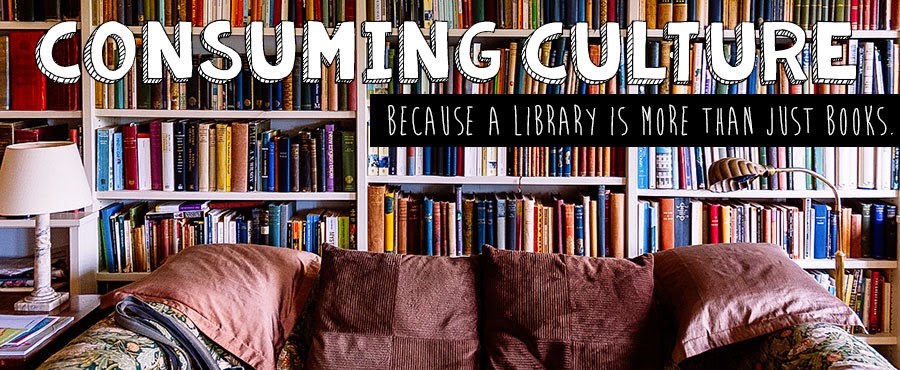So in this immediate reading, I made it through the first two of the five book series: The Lightning Thief and The Sea of Monsters. Our hero is 12-year-old Percy Jackson who, at the opening of The Lightning Thief, is just about to be kicked out of yet another boarding school. He's not really a bad kid, but things just never really go his way. He's not the smartest; he doesn't really fit in anywhere; and now he's starting to witness some weird occurrences. Like, teachers-turning-into-big-demonic-birds-and-attacking-him kind of weird.
Percy learns pretty soon after that his life isn't very normal. All those weird things have much different explanations than he would've thought—his best friend isn't even human; he's been sent to boarding school for protection; and the reason his dad has never been around is because his dad is a god. The mythological kind. Which makes Percy half human and half god—a demi-god.
Much of The Lightning Thief establishes Percy's world for the reader; we learn about the camp for other kids like Percy, Camp Half Blood; we learn the warring history between the gods and the titans; and we learn of the scandal that's caused lingering tension between Zeus, Poseidon, and Hades—the most powerful gods, known as The Big Three. Naturally, Percy discovers the truth about his identity and embarks on a quest to find Zeus' stolen lightning bolt in an effort to ease tensions between the feuding three.
Riordan does a good job of pacing the story and increasing its plot complexity, deepening Percy's world, as the series continues. In The Sea of Monsters, Camp Half Blood is threatened, and his best friend Grover may be in trouble. Percy sets out to find the fabled Golden Fleece before his newfound world is destroyed.
The brilliance in the series lies in its creativity. I found Edith Hamilton's Mythology to be the most boring thing I ever read in grade school; but Riordan rethinks what already exists and creates a new fictional world that is built with these timeless stories. Because the scope of mythology is so great, there is plenty of material to explore. As the story progresses, both in a single book and along the series, there are more twists revealed in the history and relationships that build this world. So though each book is somewhat episodic, you also recognize it's just a piece in the bigger picture and that more will be revealed as you read; the stage is continuously being set for what's to come.
There is a lot of talk in reading forums about the merit of Percy Jackson in comparison to Harry Potter. Some avid HP fans find it a rip-off, and in some sense, that could be valid: sidekicks of a brain and a lovable doof, his camp where similar kids are trained, a villain trying to return to power, etc. I'm not going to go into a deep comparison or even deem one better or worse than the other because ultimately, they are both series about young adolescents that face obstacles, must overcome challenges, and find their own skill and confidence. Fans of one series may be fans of the other, or one may hold appeal for a reader that the other doesn't. Either way, there is plenty to grab onto here. I was very entertained by Percy's adventures in the first two, and I will most definitely be finishing the series.








